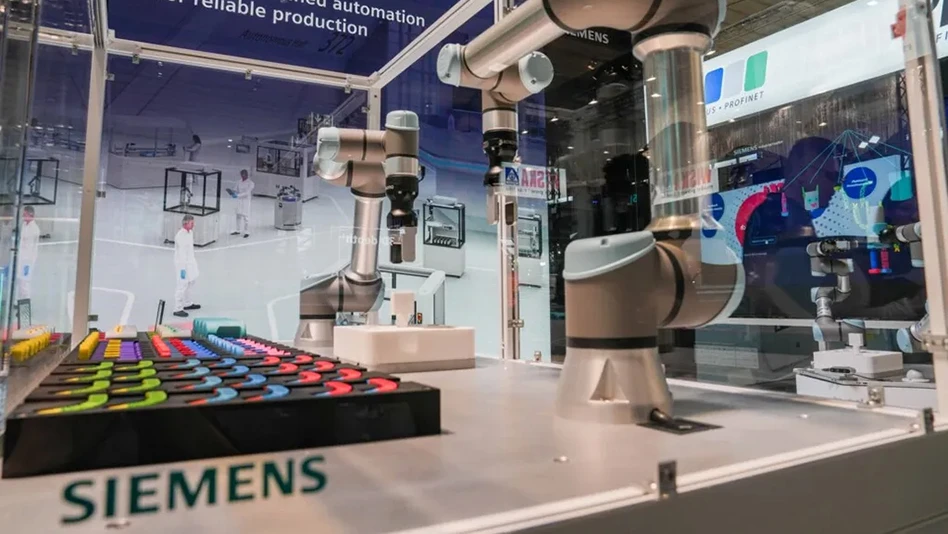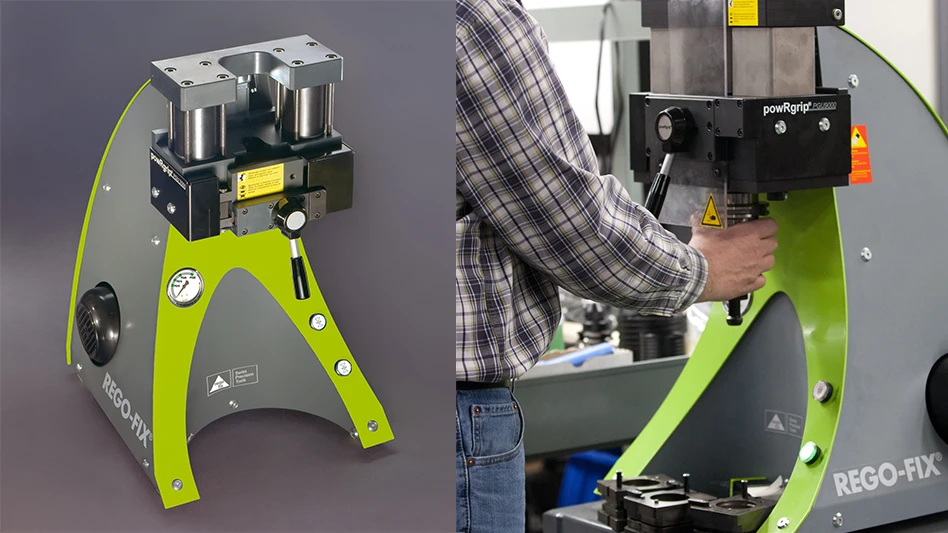
Master Fluid Solutions
After stagnation during the COVID-19 pandemic, demand for aerospace parts manufacturing is growing, with an estimated $851.5 billion market size in 2021, and rising at a compound annual growth rate (CAGR) of 4%. At the same time, the medical component manufacturing market is surging, expected to grow at 4.4% CAGR until 2030. Capitalizing on these market opportunities successfully may require investment in Swiss-style CNC machines (also known as Swiss-type screw machines or lathes) — designed specifically for the high-precision machining required in aerospace, medical, dental, and automotive manufacturing.
While effective at mass-producing small parts with complex geometries, Swiss-style machining also comes with a number of operational challenges. The equipment and tools require an unusual degree of expertise to maintain precision and can be more complex to program than traditional CNC lathes. Without the appropriate planning and consideration, manufacturers may suffer from high scrap rates and frequent machine downtime, jeopardizing their profits. Fortunately, making changes as simple as upgrading to a more advanced cutting fluid can improve operations and mitigate risks.
The biggest challenges of Swiss-style machining
When conditions are optimal, Swiss-type machines can mass-produce even the most small and complex parts to perfection. However, the precision required to achieve this makes CNC operations vulnerable to disruption. Manufacturers must watch out for:
- Excessive downtime caused by frequent tool changeouts, chips clogging machinery, and the need to reprogram the CNC machine to optimize operations.
- Part consistency issues caused by chip buildup, improper tool selection, difficult-to-machine materials, and other problems that create waste or require rework.
- Cost creep caused by excessive material and tool waste, fluid consumption, reduced throughput due to downtime, and other problems that balloon operating budgets.
How advanced cutting fluids help
Manufacturers using Swiss-style CNC machines should upgrade to cutting fluid specifically designed to optimize their operation. Look for next-generation neat cutting oils that:
● Offer high lubricity
● Have a high flashpoint
● Are low viscosity
● Are non-foaming
● Are compatible with extremely high-pressure operations
These characteristics are frequently found in next generation straight oils — especially if they’re marketed specifically for Swiss-style CNC compatibility. However, formulators have developed cutting fluids based on renewable vegetable oils to offer these same qualities and benefits while improving manufacturers’ sustainability profile. Some oils are even part of the USDA BioPreferred program.
Just by switching to better cutting fluids, manufacturers can expect:
● Less machine downtime. High-lubricity fluids provide better cutting tool life and productivity, helping tools last longer and reducing the number of machine top-offs.
● Higher part quality. Straight oils designed for Swiss-style CNC machining deliver more fluid to the point of the cut, improving accuracy and performance. These next-generation oils offer high lubricity with low viscosity, allowing excellent performance in difficult Swiss applications such as small diameter, deep-hole drilling.
● Lower operating costs. Reducing cutting fluid consumption and extending tool life can add up to massive direct cost savings simply from the lower order volume. Choosing a lower viscosity, high performance cutting oil can reduce oil consumption significantly over a thicker, higher viscosity alternative.
Swiss-type CNC machines have become increasingly popular as demand for small diameter complex parts has increased. Fortunately, as technology has evolved, they have also met and even surpassed cycle times of traditional machinery. Invest in the right cutting fluid to maximize the benefits of complex Swiss-style machining.
Get curated news on YOUR industry.
Enter your email to receive our newsletters.Latest from Today's Medical Developments
- Hacker-proofing smart implants
- Register now to learn solutions for high-temperature aerospace machining challenges
- Expertise on machining, joining offered in April’s Manufacturing Lunch + Learn
- Incredible Machine works on the Rube Goldberg principle
- FAULHABER’s metal planetary gearhead family
- Aerospace Industry Outlook - Spring 2025, presented by Richard Aboulafia
- World’s smallest pacemaker is activated by light
- FANUC America’s ready-to-deploy cobot web tool





